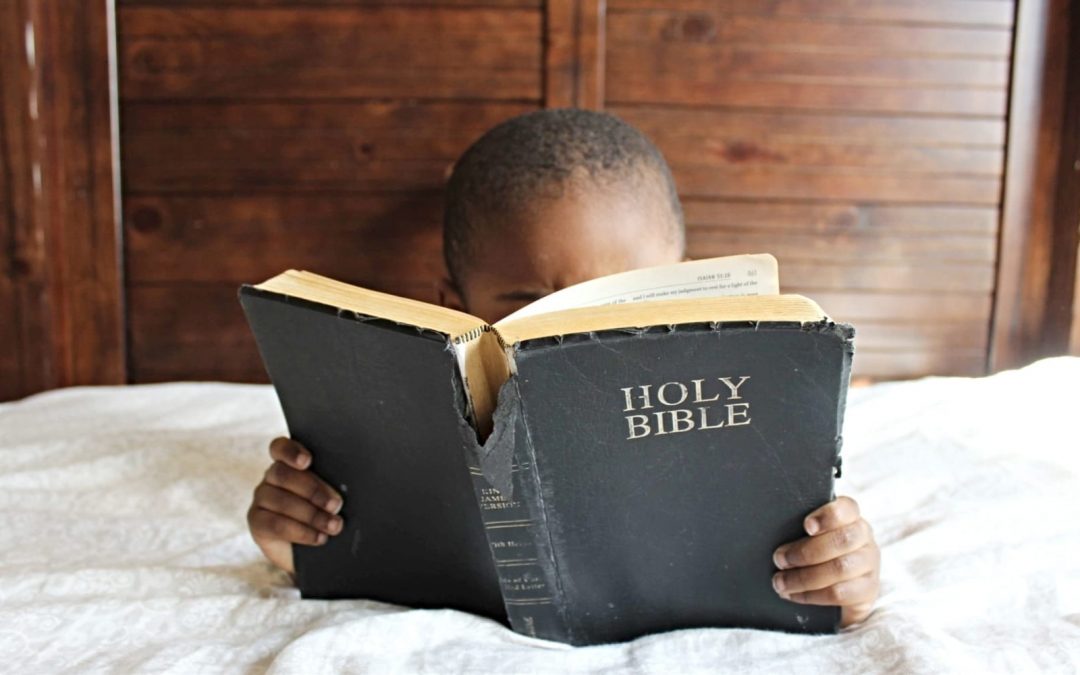I feel honored to attend a seminary that very carefully considered their theological curriculum from the beginning.
The founders decided not to teach theology in some neatly constructed systematic approach, but in the context of showing how theology has formed over time in the messiness of the “Great Tradition.”
We learn to respect a movement known as “Baptist Catholicity” – the thought that the vast breadth of the Christian tradition should impact our practice, theology, mission and worship as Baptists.
Learning and respecting the tradition are good things. But at what point is it time for the tradition (or rather, which parts of the tradition we use) to change and evolve?
Altering our understanding of the tradition to match our scriptural and Spirit-given convictions more closely is nothing new for Baptists.
For example, most Christians for most of church history have not baptized believers by immersion, have not seen their local congregation as an autonomous church that cannot be controlled by a bishop or denomination, have not had an equal vote in governing their church and have not practiced communion by passing small saltines and tiny cups of grape juice down the pew. Yet, this is exactly the faith many of us practice.
With such an “untraditional” faith, it is interesting that we often make our own claims to orthodoxy: defining that it is OK to stray from tradition to take a more “scriptural” stance on baptism or church governance, but other theological issues must be in line with our interpretation of the Christian tradition.
So, when can we consider changes to our faith and praxis, and when should we hold fast to what we think the tradition says?
This is a difficult issue, and I don’t have the answer. But I think we can use the so-called “Wesleyan Quadrilateral” to give us a hint.
Though never succinctly stated by a Wesley brother, this commonly understood model from the Methodist tradition gives Christians a priority for what authorities guide their life and faith.
The model argues that Scripture takes the highest seat of priority, followed by tradition, reason and experience.
Rest assured, as a people who have “no creed but the Bible,” the Scriptures are preserved in their top spot of authority over the Christian life, but there is room for church tradition, reason and our lived faith to color how we read the texts and how we live.
Baptists in the United States are facing all sorts of questions in these trying days. Will Southern Baptists alter their view and teaching on women? Will Cooperative Baptists survive a rocky season of debate over human sexuality? Will Texas Baptists allow church autonomy, or dictate the bounds of cooperation, like a House of Bishops might?
At what point do old models and old understandings need to remain firm? When do we need a breath of fresh air and a new movement of the Spirit of God?
My humble suggestion is to move forward in the way our Wesleyan sisters and brothers have taught us.
First, consider the Scriptures wholeheartedly, looking for patterns and a grand narrative of grace.
Then, consider tradition, with an eye for marginalized voices we may have overlooked.
Finally, let reason and the lived experience (and consequences) of our faith play into the question at hand.
Together, we too can write a chapter of church tradition, forming a faithful response to which the next generation may respond.
Acting Pastor of St. John United Church of Christ in Robinson, TX and a May 2020 MDiv/MBA graduate from Baylor University. He is a Licensed Baptist minister and a Member in Discernment for Ordination in the United Church of Christ.


